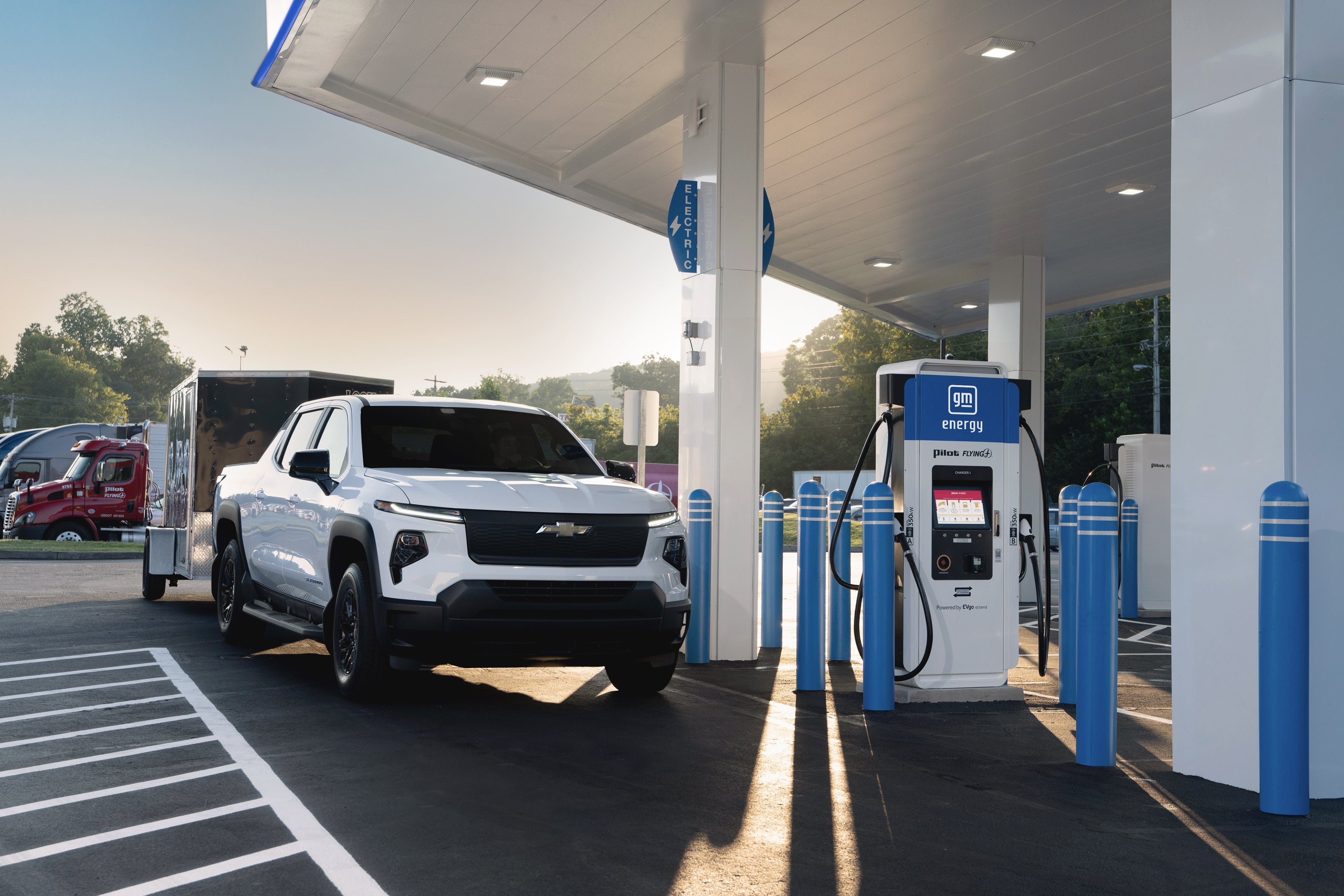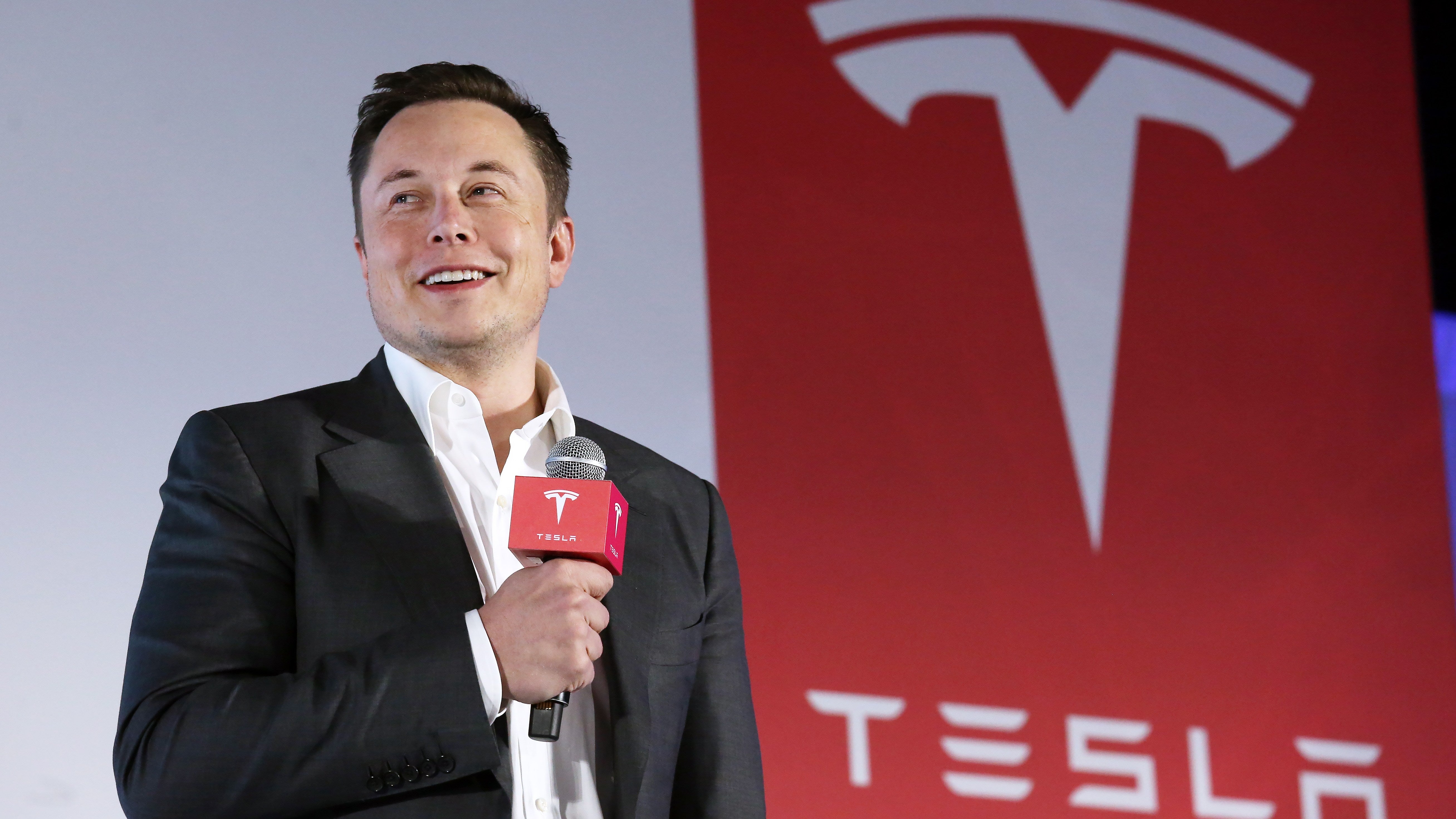Charging an electric car on a long road trip has often been seen as inconvenient, especially when stations are located in remote areas with limited amenities. That reality is beginning to change in the United States, thanks to a collaboration between General Motors (GM), EVgo, and Pilot Company.
Over the past two years, the three companies have installed roughly 850 DC fast charging stalls at more than 200 Pilot and Flying J travel centers across nearly 40 states. This is a major increase compared to March 2025, when just 130 locations were operational in over 25 states.

A Better Charging Experience on the Road
Unlike many isolated charging spots, these new stations are strategically located along major interstate corridors and are designed with drivers’ comfort in mind:
-
Well-lit bays and enhanced safety features
-
Free Wi-Fi access while charging
-
On-site restaurants and groceries for convenience
-
Protective canopies, offering shelter from extreme heat or snow
-
Pull-through stalls, particularly useful for EVs towing trailers
Together, these features transform the once inconvenient charging stop into a more practical and enjoyable break on the road.
High-Power Charging Technology
The chargers are 350-kilowatt EVgo stalls equipped with two charging cords. A single EV can draw the full 350 kW, while two EVs charging simultaneously share the power. Many stations also support Plug-and-Charge, enabling compatible vehicles to begin charging simply by plugging in—no separate payment step required once accounts are set up.
Rapid Expansion Across States
In recent months, new charging locations have opened in Colorado, South Carolina, Louisiana, Mississippi, North Dakota, South Dakota, and Wyoming. Meanwhile, Texas, Missouri, and Florida have seen significant expansions of their networks.
Pilot Company provides a public charging map, allowing drivers to easily locate available stations.

Halfway to a Nationwide Goal
The GM–EVgo–Pilot partnership was first announced in 2022, with initial stations going online at the end of 2023. Growth has accelerated rapidly, and by spring 2025, more than 130 sites were already operational. Now, with over 200 locations live, the project is nearly halfway toward its target of 2,000 stalls at up to 500 Pilot and Flying J travel centers nationwide.
By the end of 2025, the companies expect to surpass 1,000 stalls across 40 states, marking one of the most ambitious public fast-charging rollouts in the U.S.
“Hitting the open road is a natural emblem of American culture, and traveling by car means drivers can set their own schedule to stop and charge when and where they want,” said Badar Khan, CEO of EVgo. “Our EVgo eXtend network, built in collaboration with Pilot and GM, is delivering reliable charging to communities large and small—ensuring freedom of fueling choice for every driver.”
With the rollout accelerating, America’s highway system is becoming more EV-friendly than ever before, promising greater convenience for both current and future electric vehicle owners.
Recommend Reading: Shell Unveils EV Charging Network for Heavy-Duty Fleets








Share:
Audi Concept C Redefines EV Sports Car Design
CATL’s Shenxing Pro Battery Promises 600,000-Mile Life and 10-Minute Charges